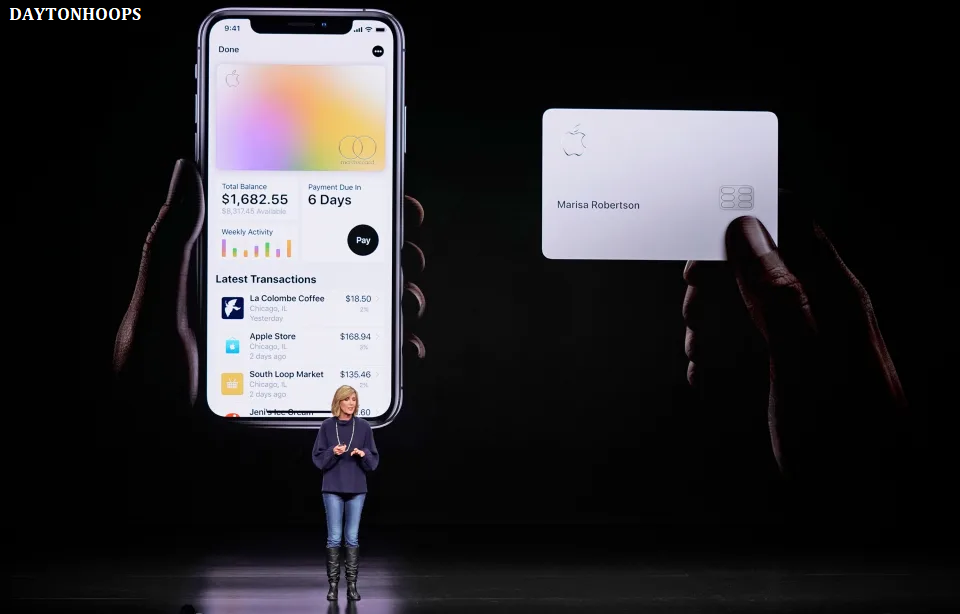Apple and Goldman Sachs are potentially ending their partnership four years after joining forces on Apple’s credit card, The Wall Street Journal reports. The companies recently extended the agreement until 2029, but Apple is proposing to terminate the agreement in the next 12 to 15 months.
Although the couple launched a high-yield savings account in April of this year, it’s likely that Goldman won’t be too upset about the potential split. Last month, reports suggested the bank was feeling to exit the consumer lending business. Earlier this year, the company went so far as to tell Apple it wanted out of the deal and approached American Express to take over part of its operations.
Goldman also recently agreed to sell home improvement loan company Green Sky and plans to exit its credit card business with General Motors. In essence, Goldman sought to diversify beyond corporate and ultra-wealthy clients, potentially writing off billions of dollars before returning to fundamentals. The bank told employees that any layoffs would include a year’s salary.
In a invoice to CNBC, an Apple prophet said, “ Apple and Goldman Sachs are concentrated on furnishing inconceivable gests for our guests to help them lead healthier fiscal lives. The award- winning Apple Card has been well entered by consumers and we will continue to introduce and give them with the stylish tools and services. ”
Apple and Goldman’s partnership has never been more equal for both companies and consumers. Goldman employees were frustrated by aspects such as the payment schedule and the push for mass approvals. guests, on the other hand, reported that the bank’s client service was a agony, including delayed transfers and lectures from representatives, checking to The Information.
The futurity of Apple’s credit card and high-yield savings regard is uncertain. The two are part of Apple’s services sector, which has seen rising profits compared to declining overall sales. Synchrony Financial, which works with Amazon and PayPal, is exploring taking on Goldman’s role. The company initially filed against Goldman for the program.

